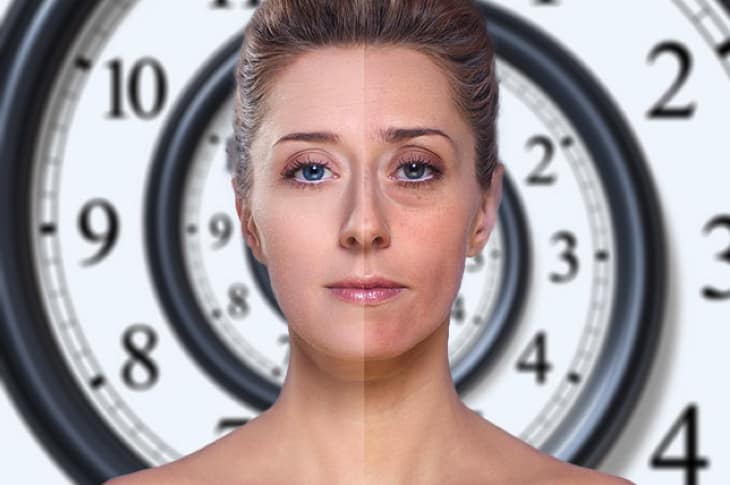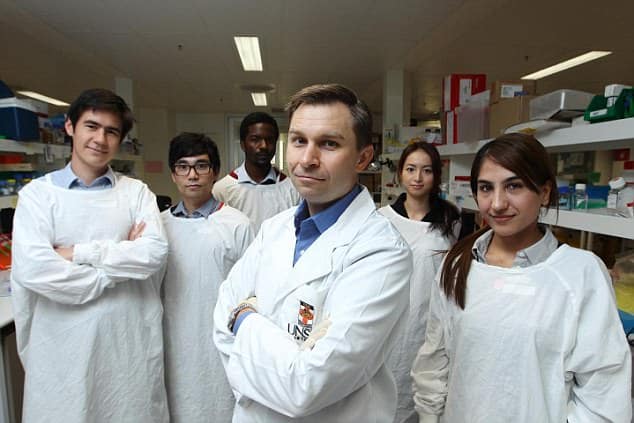NASA To Begin Human Testing For Age-Reversing Pill In Just A Few Months
By
Posted on
This anti-aging pill could be the answer for everyone, even cancer survivors and astronauts.

Credit: PHX News
The University of New South Wales has been working on figuring out how to repair damaged cells that are a result of aging and radiation, which is a serious problem for both astronauts, people that undergo radiation treatments for cancer, and those that frequently travel or are subject to many x-rays because of some chronic illness.
In a nutshell, the ‘call signaling’ molecule is called NAD+ and its diminishing level in every cell of the body is what leads to mitochondrial deterioration. It possesses a key role in protein interactions, which control DNA repair, so researchers turned towards boosting NAD+ to repair cells. When treating mice with NMN, a NAD+ booster, the results showed an improvement in the cells’ ability to repair the damaged DNA, essentially reversing the effects of aging.

Credit: NASA
“This is the closest we are to a safe and effective anti-ageing drug that’s perhaps only three to five years away from being on the market if the trials go well. In the study, cells of old mice were indistinguishable from the young mice after just one week of treatment,” said lead author Professor David Sinclair.
In NASA’s iTech competition at the end of last year, Professor Sinclair and his team won the entire competition out of 300 entries. With the success in treatment of mice, the human trials are set to begin within the next 5 months, which could mean that this could be on the market very soon.
No comments:
Post a Comment